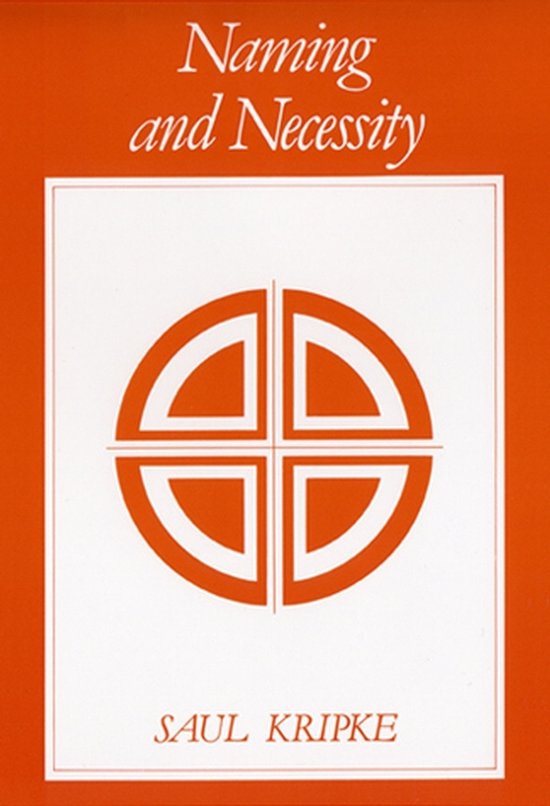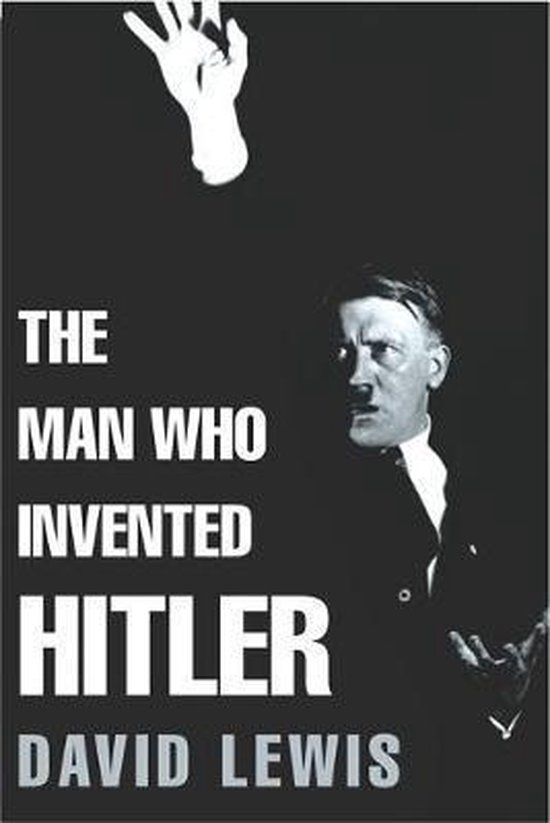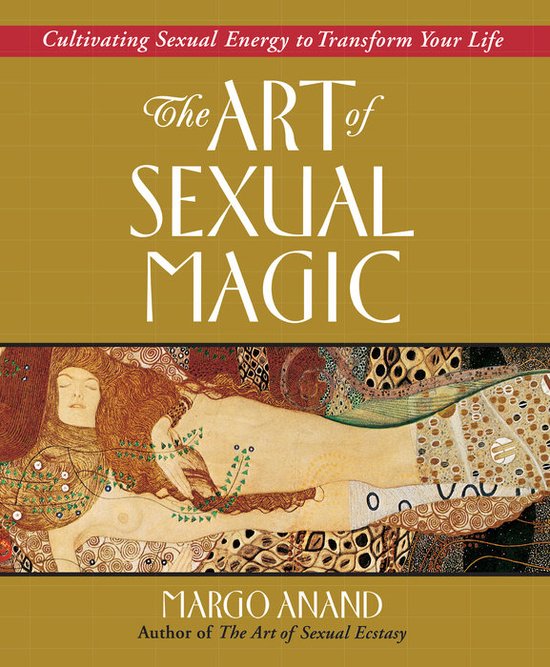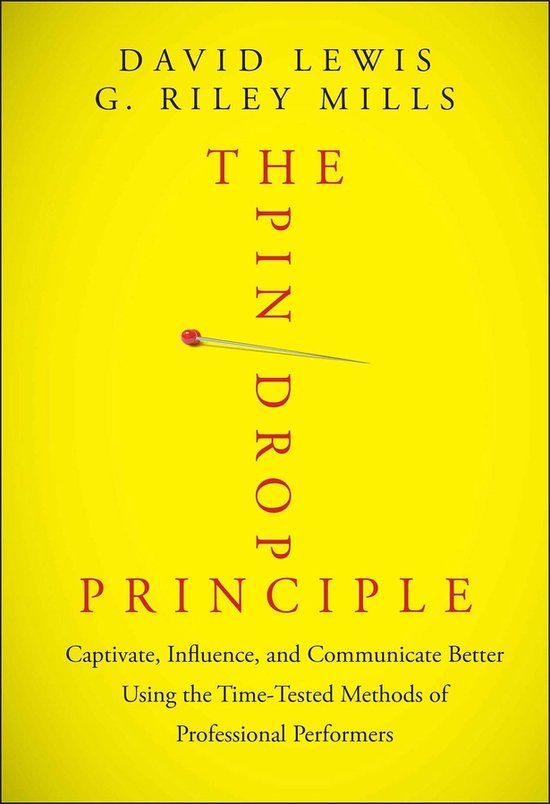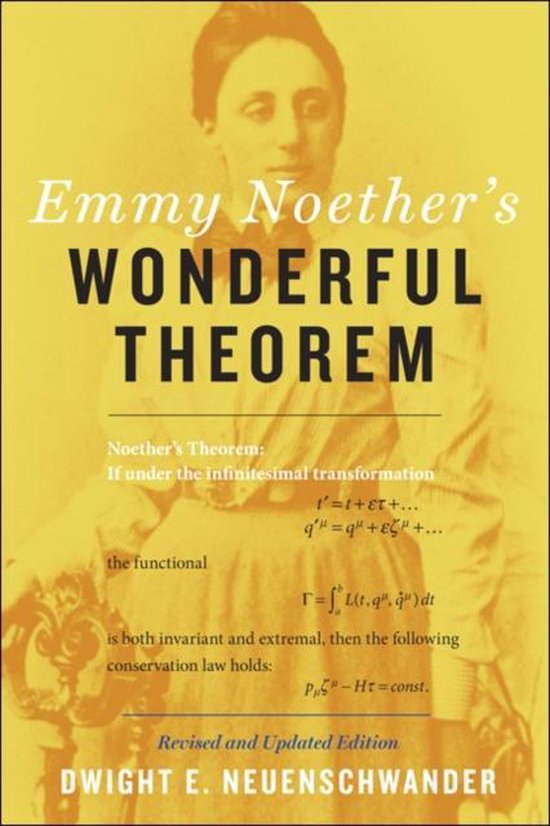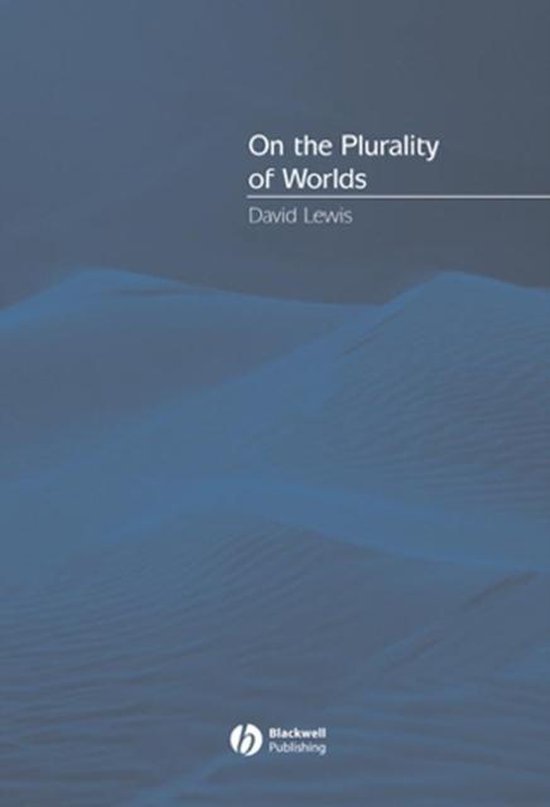
On The Plurality Of Worlds
This book is a defense of modal realism; the thesis that our world is but one of a plurality of worlds, and that the individuals that inhabit our world are only a few out of all the inhabitants of all the worlds. Lewis argues that the philosophical utility of modal realism is a good reason for believing that it is true.
After putting forward the type of modal realism he favors, Lewis answers numerous objections that have been raised against it. These include an insistence that everything must be actual; paradoxes akin to those that confront naive set theory; arguments that modal realism leads to inductive skepticism, or to disregard for prudence and morality; and finally, sheer incredulity at a theory that disagrees so badly with common opinion. Lewis grants the weight of the last objection, but takes it to be outweighed by the benefits to systematic theory that acceptance of modal realism brings. He asks whether these same benefits might be gained more cheaply if we replace his many worlds by many merely 'abstract' representations; but concludes that all versions of this 'ersatz modal realism' are in serious trouble. In the final chapter, Lewis distinguishes various questions about trans-world identity, and argues that his 'method of counterparts' is preferable to alternative approaches.
This book is a defense of modal realism; the thesis that our world is but one of a plurality of worlds, and that the individuals that inhabit our world are only a few out of all the inhabitants of all the worlds. Lewis argues that the philosophical utility of modal realism is a good reason for believing that it is true.
| Auteur | | David Lewis |
| Taal | | Engels |
| Type | | Hardcover |
| Categorie | | Religie, Spiritualiteit & Filosofie |

